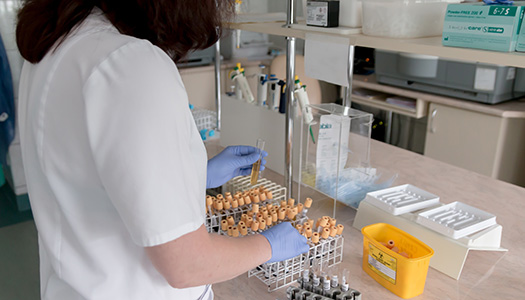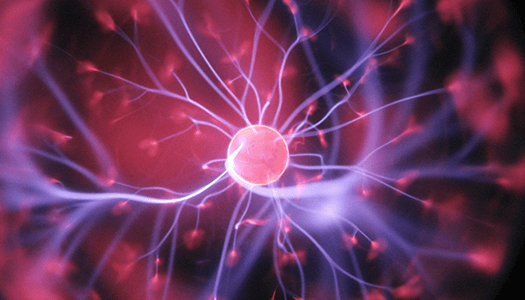What is Cystic Fibrosis?
Cystic fibrosis is a disease that causes mucus in the body to become thick and sticky. This glue-like mucus builds up and causes problems in many of the body’s organs, especially the lungs and the pancreas . People who have cystic fibrosis can have serious breathing problems and lung disease. They can also have problems with nutrition, digestion, growth, and development. The disease generally gets worse over time.
Causes:
Cystic fibrosis is caused by a mutation in a gene called the cystic fibrosis transmembrane conductance regulator (CFTR), which serves an important function in creating sweat, mucus, and digestive juices. Only one copy of this gene is needed to prevent cystic fibrosis, and most people have two copies. However, if a person lacks at least one unaltered version of this gene that can produce a CFTR protein, cystic fibrosis will result.
Cystic fibrosis is a hereditary disease in that one can only get it if his or her parents both are carriers. A child must inherit two copies of the defective gene in order to have CF. A child with two parents who are carriers of the defective gene has a 25% chance of having cystic fibrosis and being a carrier of two defective copies of the gene, a 25% chance of not being affected nor a carrier of a defective copy of the gene, and a 50% chance of not being affected by CF but carrying one defective copy of the gene.
Symptoms:
- Skin that tastes very salty
- Persistent coughing, often with phlegm or extra mucus
- Frequent lung infections, such as pneumonia and bronchitis
- Wheezing
- Shortness of breath
- Little weight gain and poor growth, even with a good appetite
- Frequent greasy, bulky stools or trouble with defecation
- Nasal polyps – small, fleshy growths in the nose






